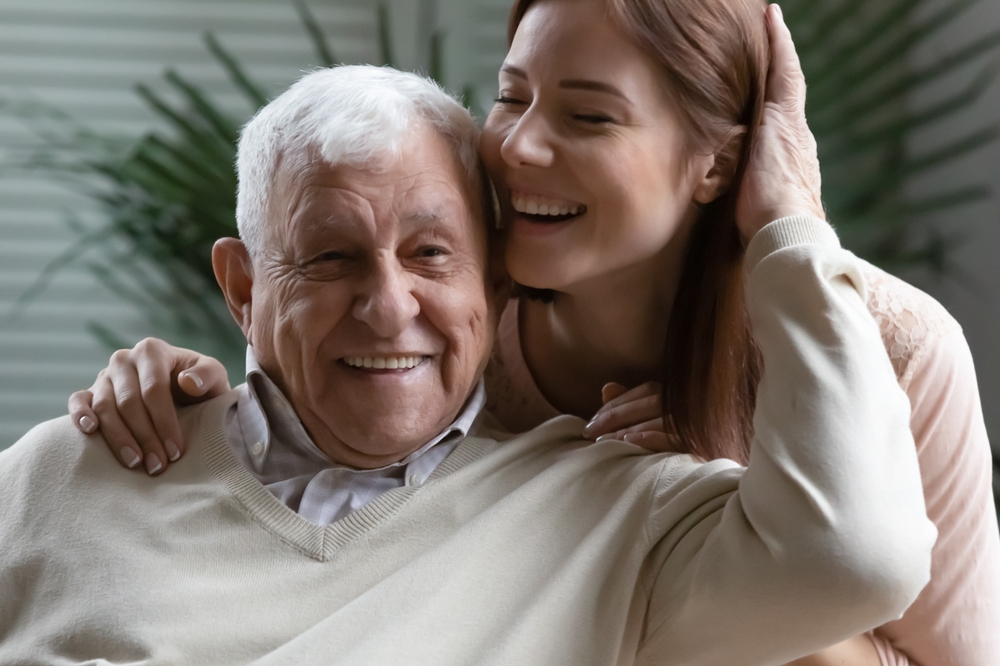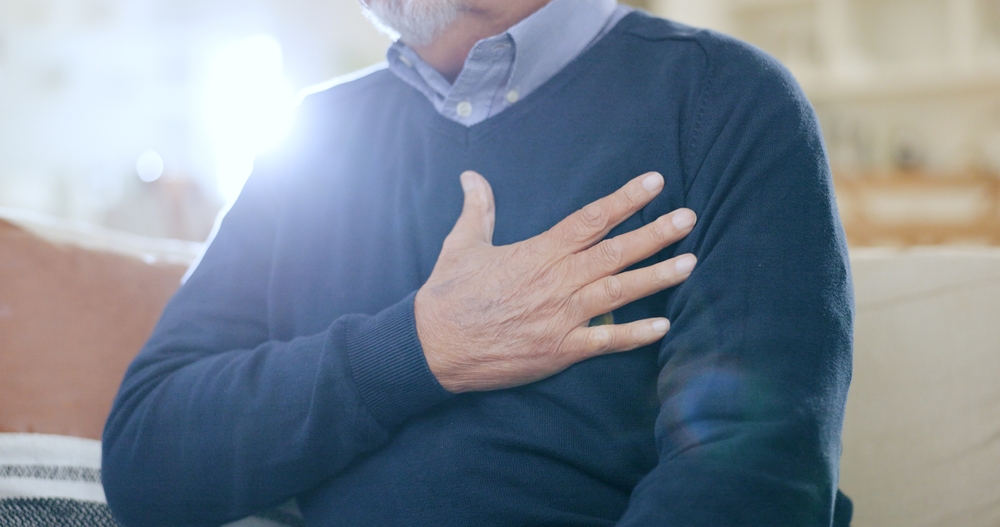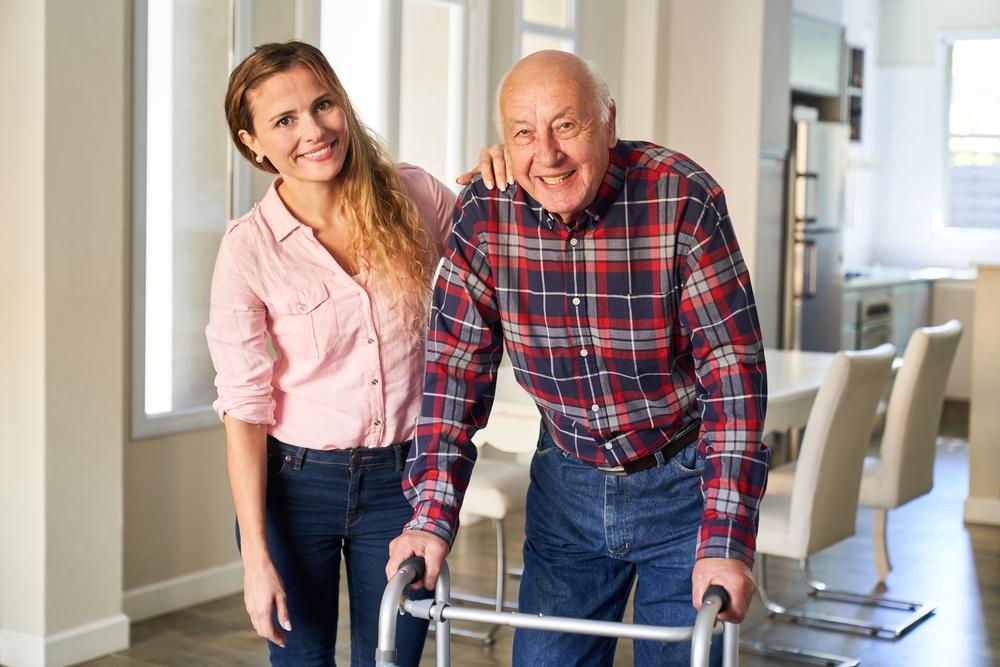Make an Appointment
A stroke can change someone’s life in an instant. It happens when the brain’s blood supply is interrupted, leading to damage that can affect movement, speech, memory, and even personality. For survivors, recovery often involves learning to do things differently, or sometimes relearning them altogether. For family members, it can feel overwhelming to know how best to help.
It’s natural to ask:
- How do I support a loved one who has had a stroke?
- What kind of help do stroke survivors really need?
- How can I comfort someone whose partner or parent has had a stroke?
- What professional and community support is available?
The journey after a stroke is rarely a straight line. There are physical challenges, emotional highs and lows, and many adjustments to daily routines. But the good news is, with the right support from family, friends, and allied health professionals, many stroke survivors can regain independence and enjoy a good quality of life.
This guide explains practical ways to support someone after a stroke, the role of allied health therapy in recovery, and how families can also look after themselves during this time.
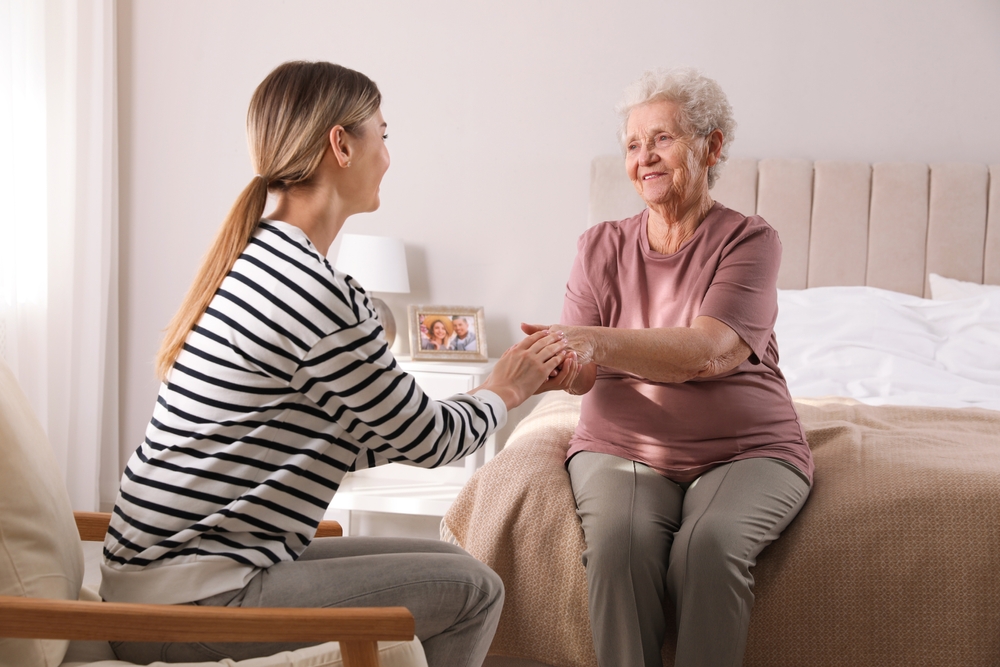
Understanding Stroke Recovery and Its Challenges
To offer meaningful support, it helps to understand how a stroke affects the body and mind. Stroke damage varies depending on the part of the brain affected and how quickly treatment was received.
Common Physical Effects
- Weakness or paralysis on one side of the body (hemiplegia or hemiparesis)
- Balance and coordination difficulties, making it harder to walk or stand
- Fatigue and reduced endurance, even after small activities
- Changes in sensation, such as numbness or altered perception
Communication and Cognitive Changes
- Aphasia – difficulty speaking, understanding, reading, or writing
- Memory problems – forgetting names, routines, or instructions
- Difficulty concentrating – needing more time to process information
- Emotional changes – mood swings, frustration, or depression
Emotional and Social Impacts
A stroke often leaves survivors feeling frustrated, isolated, or unsure about the future. Carers and family members may feel helpless or overwhelmed. Understanding these changes can help you respond with patience and empathy.
How Recovery Progresses
Recovery after a stroke is highly individual. Some people regain abilities quickly, while others need months or even years of therapy. Typically:
- First few weeks – focus on medical stabilisation and preventing complications
- First 3–6 months – the most intensive rehabilitation phase, with faster improvements
- Beyond 6 months – slower but ongoing progress through long-term therapy and exercise
Knowing that recovery is a journey with ups and downs helps set realistic expectations.
For more on stroke and its effects, see Stroke Foundation Australia
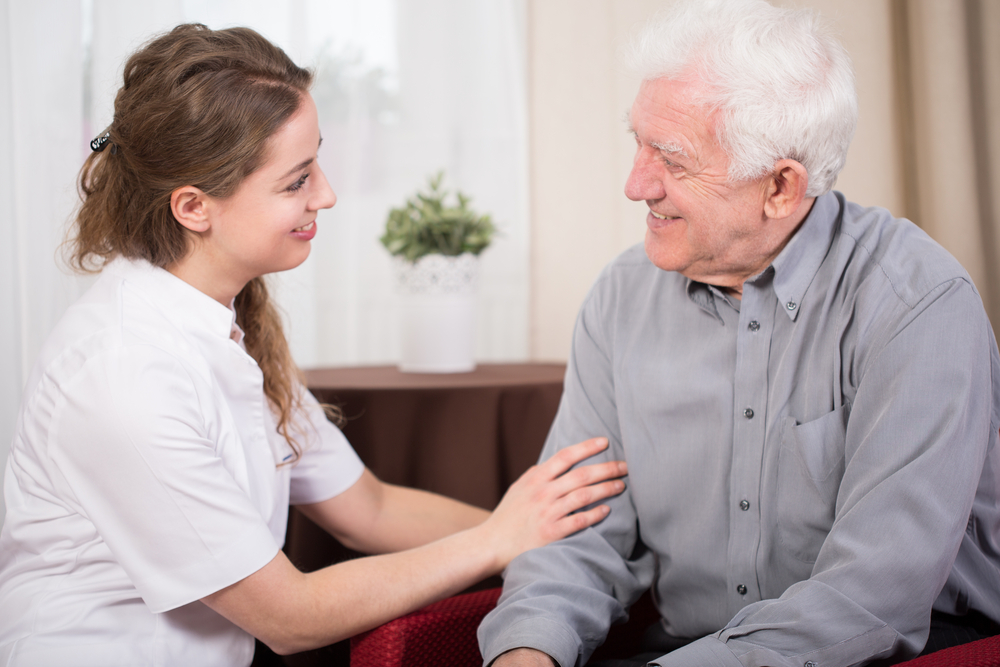
How to Support a Loved One Practically and Emotionally
Family support makes a huge difference to a stroke survivor’s recovery. Here are ways you can help without feeling like you have to “fix everything.”
Be Patient with Physical Limitations
- Encourage your loved one to do as much as they can independently, even if it takes longer.
- Help with mobility when needed, but avoid doing everything for them.
- Learn safe transfer techniques from physiotherapists to prevent injury for both of you.
Communicate with Understanding
- If speech is difficult, give extra time to respond.
- Use simple yes/no questions or gestures when words are hard.
- Avoid speaking loudly or treating them like they can’t understand, many stroke survivors still think clearly even if they can’t express themselves.
Create a Safe and Supportive Environment
- Clear pathways of clutter to reduce falls risk.
- Add grab rails or non-slip mats in the bathroom.
- Keep frequently used items within easy reach.
Offer Emotional Reassurance
- Strokes can affect self-esteem and confidence. Remind them they are valued and loved.
- Celebrate small milestones, like walking a little further or speaking a new word.
- Be prepared for frustration or tears, these are common and part of the process.
Comforting Someone Whose Loved One Had a Stroke
If you’re supporting a friend or family member whose partner or parent has had a stroke:
- Simply listen without trying to offer solutions.
- Offer practical help, like meals, transport, or childcare.
- Encourage them to access carer support services and counselling if needed.
For more home support tips, visit Physio Inq's Occupational Therapy services.
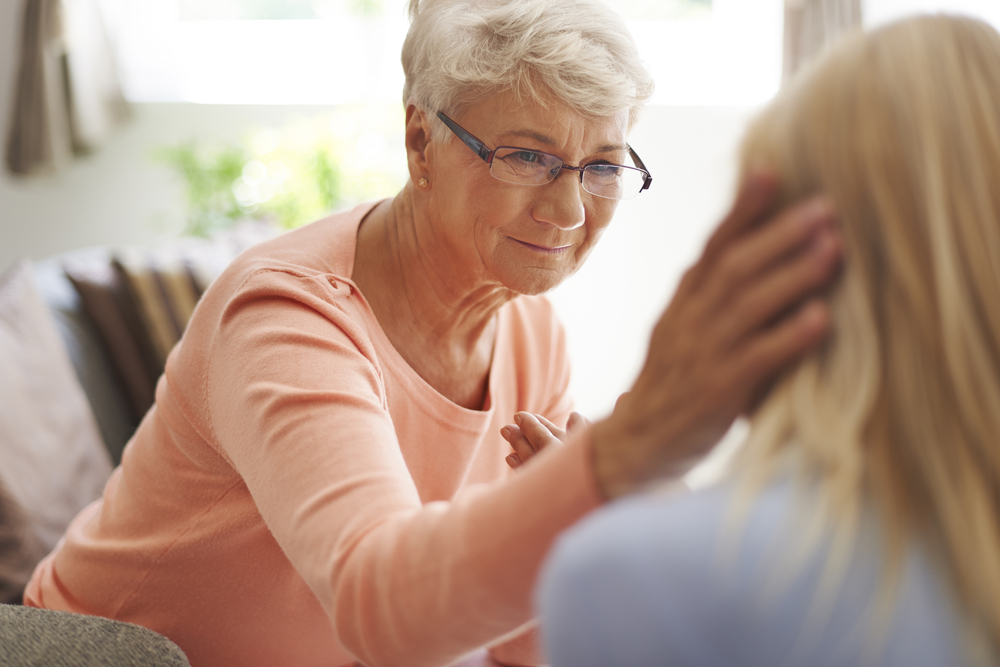
How Allied Health Professionals Help Stroke Recovery
Stroke rehabilitation is a team effort. Allied health professionals specialise in different areas of recovery, helping survivors regain as much independence as possible.
Physiotherapy
A physiotherapist helps rebuild strength, balance, and movement. Treatments include:
- Gait retraining to improve walking
- Strengthening weak muscles and stretching tight ones
- Balance exercises to reduce the risk of falls
- Functional movement practice, like getting out of bed or climbing stairs
Occupational Therapy
An occupational therapist (OT) helps people relearn daily activities such as dressing, cooking, or showering. They also:
- Recommend adaptive equipment like modified cutlery or shower chairs
- Suggest home modifications to improve safety and independence
- Teach strategies for managing fatigue and energy levels
Speech Pathology
A stroke can affect speech, language, and swallowing. A speech pathologist provides:
- Therapy for aphasia to improve communication
- Swallowing assessments and safe eating strategies
- Communication aids like picture boards or digital devices
Psychology and Social Work
Emotional health is just as important as physical recovery. Psychologists and social workers help with:
- Adjusting to life after stroke
- Managing depression, anxiety, or emotional changes
- Connecting families with support groups and community resources
Dietitians and Nutrition Support
Proper nutrition aids recovery. Dietitians help ensure meals are safe to swallow and meet energy needs for healing.
Coordinated Team Care
In many cases, all these professionals work together as a multidisciplinary team, ensuring a holistic approach to recovery.
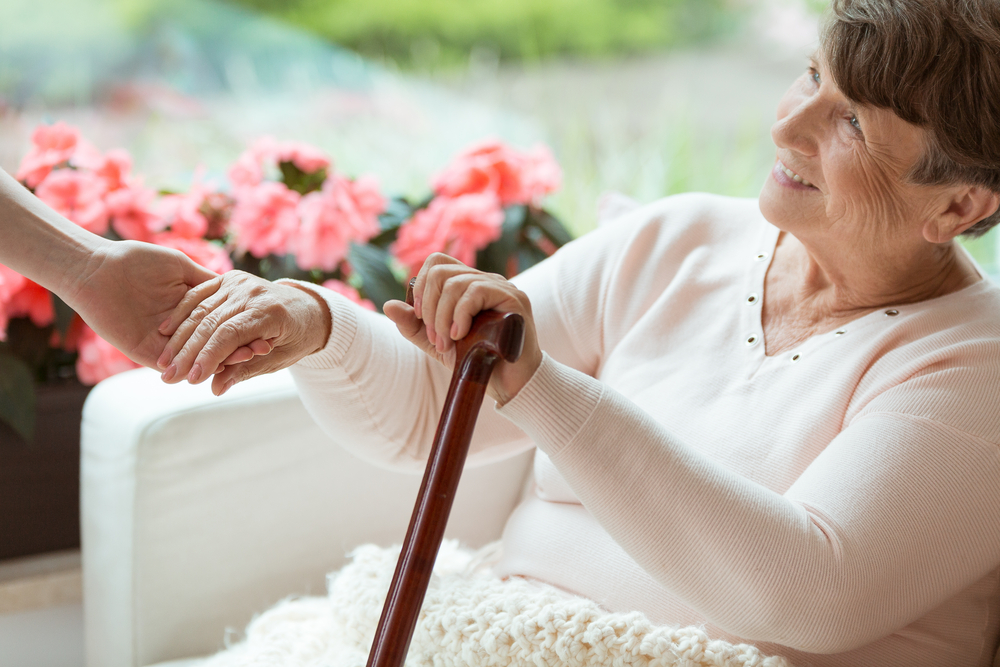
Accessing Support and Funding
Stroke recovery often involves ongoing therapy, home modifications, and assistive devices. Knowing where to find help reduces stress for families.
Government and Community Programs
- NDIS (National Disability Insurance Scheme) – If the stroke causes long-term disability, NDIS funding can support therapy, equipment, and home changes.
- My Aged Care – Provides services for older Australians recovering from stroke.
- Community health services – Many local programs offer physiotherapy and rehab support.
Carer Support Services
Looking after someone after a stroke can be demanding. Carers can access:
- Carer Gateway for counselling, respite care, and financial advice
- Stroke support groups for shared experiences and coping strategies
- Online communities for practical tips and emotional support
Home Modifications and Adaptive Equipment
Allied health professionals can recommend:
- Grab rails, ramps, and bathroom modifications for safety
- Adaptive equipment like wheelchairs, walkers, or specialised seating
- Technology such as personal alarms or communication aids
Long-Term Planning
While the first 6 months after a stroke are often the most intensive, recovery can continue for years. Planning regular therapy reviews, community exercise classes, or home-based programs helps maintain progress.
For more funding information, visit NDIS Stroke Support.
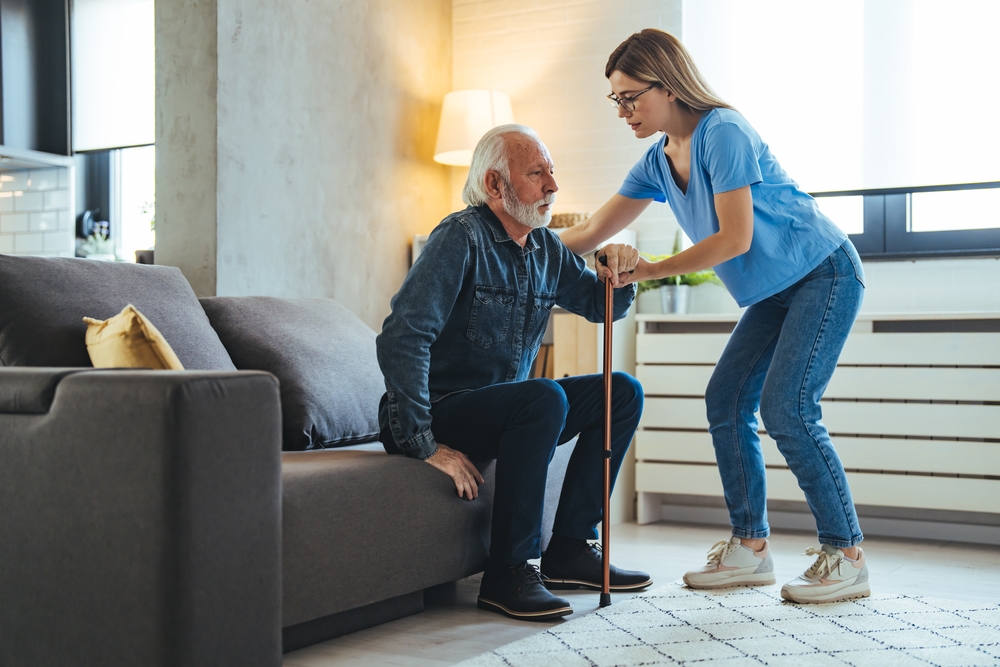
Frequently Asked Questions (FAQs)
How do you support a family member who has had a stroke?
Be patient, help create a safe home, encourage therapy, and offer emotional reassurance. Let them do as much as they can independently, even if it takes longer.
How do you comfort someone whose loved one has had a stroke?
Listen without judgement, offer practical help like meals or transport, and remind them they’re not alone. Encourage them to connect with support services.
What is the best help for stroke survivors?
Rehabilitation through physiotherapy, occupational therapy, and speech therapy, combined with emotional support and a safe home environment.
What support is available for stroke recovery?
NDIS funding, My Aged Care, community rehab programs, allied health therapy, carer support services, and stroke survivor support groups.
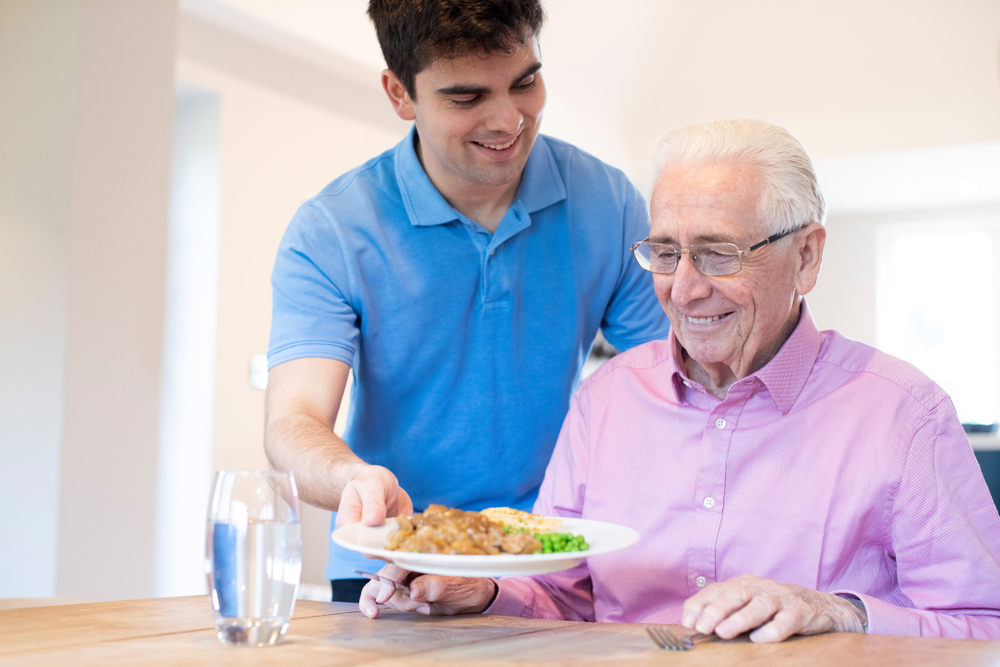
Supporting a loved one after a stroke can feel overwhelming, but you don’t have to do it alone. With a combination of family care, professional therapy, and community resources, stroke survivors can make meaningful recoveries and regain independence.
Next Step
If you or a loved one need professional rehabilitation after a stroke, you can refer them for a tailored allied health assessment.
Refer someone for an appointment
Our team of physiotherapists, occupational therapists, and speech pathologists will work with you to create a personalised recovery plan that supports both the survivor and their family.
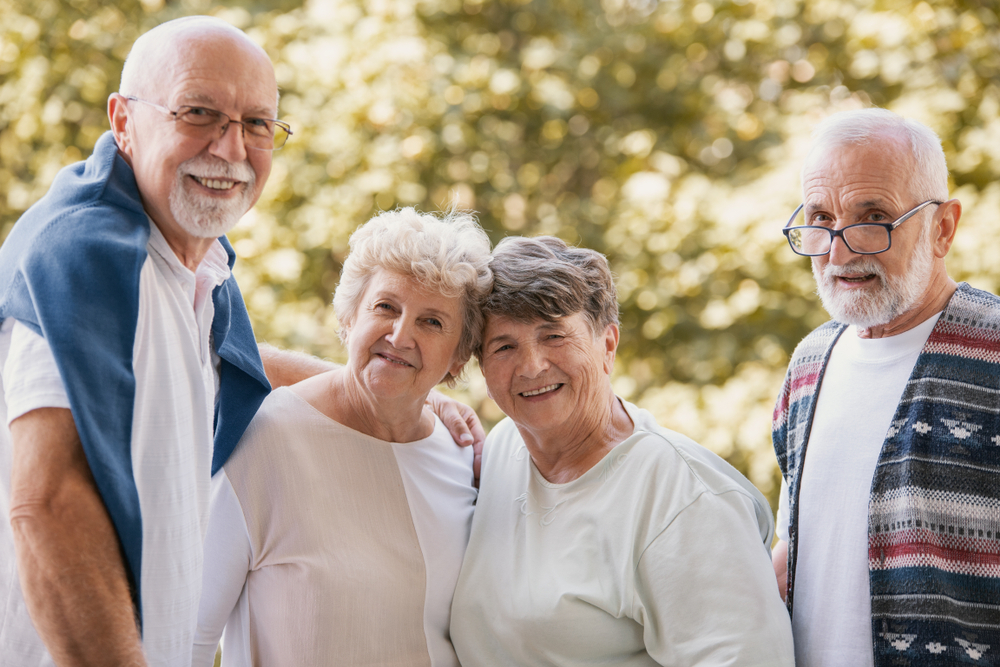
Date Published: Thursday, August 7, 2025
Locate a Stroke Rehabilitation Physiotherapy
Service Near me
Get the experience & convinence you deserve to support your or a loved one's allied health needs.
Our Stroke Rehabilitation Physiotherapy team are currently serving & taking appointments in the following states and regions in Australia:
Need to get into direct contact with ur Client Services team? We're all ears. Call our team directly on 1300 731 733
